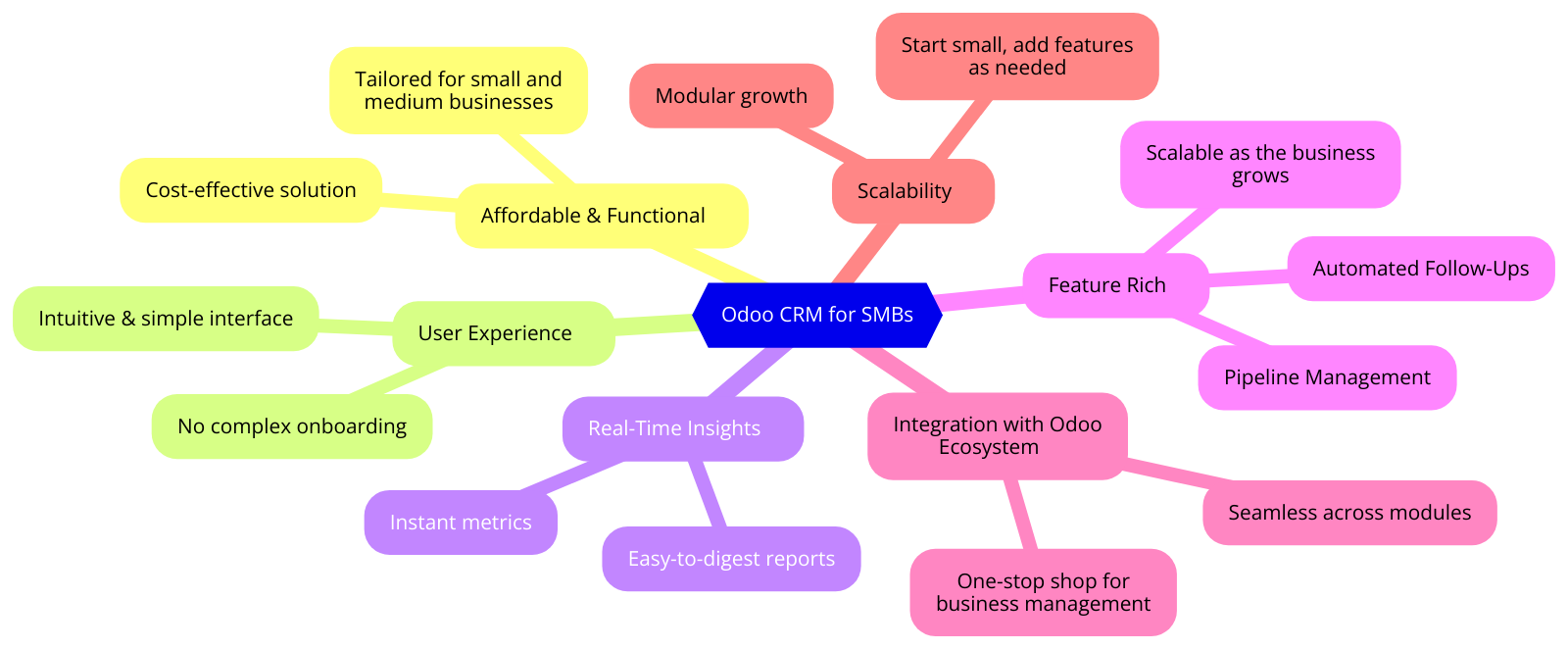Table of Contents
- Introduction
- Revolutionizing Production with ERP Manufacturing Solutions
- The Strategic Advantages of Automating Manufacturing with ERP
- Selecting the Ideal ERP Manufacturing Solution for Your Business
- Navigating ERP Implementation for Quality Control in Manufacturing
Leveraging ERP for Superior Supply Chain Management- Conclusion
Introduction
What if your company had a central nervous system that incorporated all of its necessary operations—from customer service to finance—into a single, cohesive system? ERP (enterprise resource planning) systems perform precisely that. These systems are essential resources that maximize profitability and streamline operations, serving as the cornerstone of your business’s operational framework.
Revolutionizing Production with ERP Manufacturing Solutions
Productivity and accuracy are critical in the intricate world of production. Modern tools like ERP Manufacturing combine inventory control, planning, scheduling, scheduling, and quality assurance with other production management functions into a single, all-inclusive system. Manufacturers are able to better plan ahead and enhance their processes for higher profitability because of this connectivity, which gives them the ability to view their production expenses in real time.
Centralized Management: By centralizing data, ERP systems enable a comprehensive overview of all production processes. By identifying bottlenecks and streamlining procedures, this integration greatly increases operational efficiency.
Cost reduction: ERP systems eliminate manual labor, cut down on errors, and save operating expenses by automating critical production operations. Improved throughput and quicker production cycles are further results of this automation.
Quality Assurance: ERP systems make it easier to monitor the upkeep of high standards. The systems offer instruments for real-time quality monitoring, guaranteeing that the products constantly fulfill the necessary requirements and cutting down on waste.
The Strategic Advantages of Automating Manufacturing with ERP
Implementing ERP in manufacturing aims to redefine operational excellence, not only stay current with technology. The following are strong arguments in favor of incorporating ERP into your production procedures:
Improved Operational Visibility: Real-time data on all aspects of manufacturing is made available by ERP systems, which enables quick decision-making and production process adjustments.
Enhanced Cooperation: ERP fosters a cooperative environment where information is readily shared between departments, enhancing teamwork and coordinating goals across the board for the organization.
Making Well-Informed Decisions: Managers who possess accurate and current data at their disposal are able to make well-informed decisions that significantly impact the bottom line.
Automation of your production process with ERP boosts output and provides you with the adaptability to quickly adapt to shifting consumer demands and market conditions..
Selecting the Ideal ERP Manufacturing Solution for Your Business
It is crucial to choose the right ERP system; it should allow for scalability and fit your company’s specific needs. Here’s how to pick a system that complements the features of your company:
Examine the compatibility and scalability of the ERP system to make sure it can expand with your company and work in unison with your continuing activities.
Analyze Cost vs. Benefit: Take into account the ERP system’s financial effects over the long and short terms. An efficient ERP system can be expensive initially, but over time, cost savings and greater productivity will more than make up for the investment.
Put the user’s experience first: A user-friendly interface shortens training times and speeds up system acceptance, which boosts output in general.
Looking for expert recommendations? Explore solutions from industry leaders like Odoo, known for their comprehensive and customizable ERP systems.
Navigating ERP Implementation for Quality Control in Manufacturing
Manufacturing quality control can be completely transformed by putting an ERP system into place. These systems guarantee product consistency and adherence to industry standards by enabling continuous monitoring and standardization of quality parameters throughout the production process.
Real-time quality monitoring: ERP systems make it possible to identify and address problems with quality quickly, reducing the possibility that faulty goods will be delivered to customers.
Regulatory Compliance: Use ERP systems that are updated to stay on top of changes in laws and standards to ensure compliance with industry regulations.
Leveraging ERP for Superior Supply Chain Management
In addition to speeding up manufacturing processes, an effective ERP system enhances supply chain management by providing comprehensive insights into every stage of the supply chain, from sourcing raw materials to shipping completed goods.
Inventory Optimization: ERP systems provide accurate inventory management, which enhances cash flow and reduces storage costs by eliminating overstock and understock situations.
Supplier and Customer Integration: Use your ERP system to share relevant data with suppliers and customers in order to foster greater cooperation and transparency.
Conclusion
ERP manufacturing systems are strategic facilitators that revolutionize manufacturing operations, not just tools. ERP systems assist companies in not just surviving but also thriving in highly competitive marketplaces by offering comprehensive insights, boosting efficiency, and guaranteeing product quality. Are you prepared to enter a new era of efficiency with your production capabilities? Explore the world of ERP systems to start your path to unmatched productivity and efficient operations.
Here are some ERP systems you can look at to start with:
and for a more summarized version, check out our article comparing the both of them!











